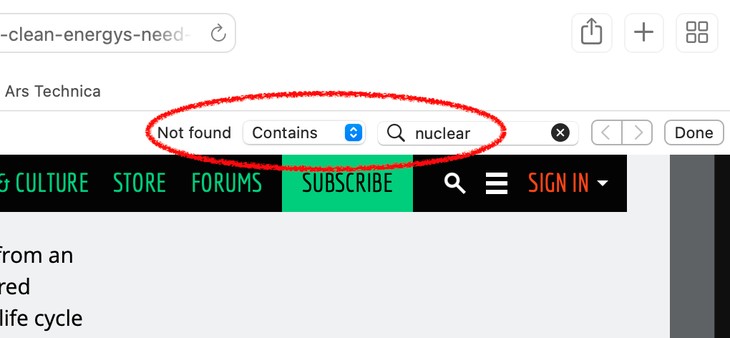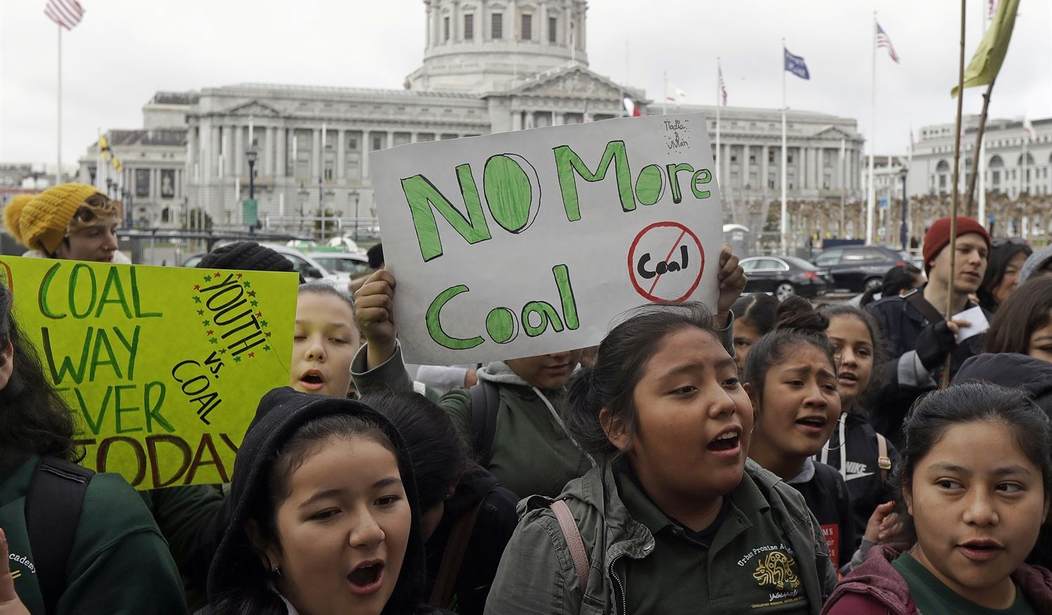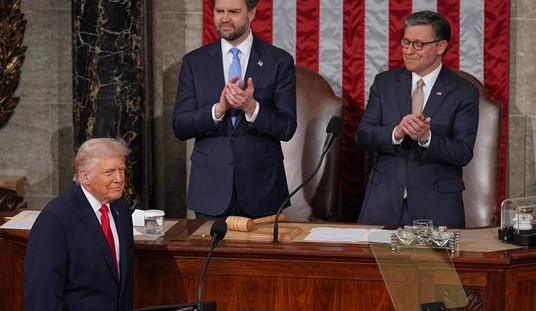Clean energy has a dirty little secret, just revealed by MIT science writing student Shel Evergreen: Its “unsustainable” appetite for minerals and the dirty ways they’re obtained.
From Evergreen’s report for Ars Technica:
In South America’s Atacama Desert, salt flats are dotted with shallow, turquoise-colored lithium brine pools. In the Democratic Republic of Congo, children chip at the ground for cobalt. In China, toxic chemicals leach neodymium from the earth.
All that extraction “presents humanitarian, environmental, and logistical challenges,” she writes.
Scenes like those might already be familiar ground for those who aren’t wedded to the green fantasy of clean energy. But what you might not know is just how much worse things are going to have to get for Mother Earth if the Greens (no relation) are going to “save” her.
The International Energy Agency warned last year that “to achieve net-zero carbon emissions by 2050, overall mineral requirements would need to increase six-fold.”
“Those minerals have to come from somewhere, and that often involves harmful sourcing, increased greenhouse gas emissions, and limits on the mineral supply.”
It’s somehow news that we can’t put minerals that we don’t have into solar panels, electric car batteries, or wind turbines. It ought to be news — GIANT BOLD-TYPE HEADLINE news — that clean energy means increased carbon emissions.
More:
In the Atacama Desert, for example, lithium mining has tripled in the last decade, said Javiera Barandiarán, an associate professor of Global Studies at the University of California, Santa Barbara. “We need to continuously tell people this is a non-renewable resource, and it will run out,” she said. “The more quickly we extract it, the more quickly it will run out by a factor that we don’t know.”
It was without any apparent irony that Evergreen noted that “renewable energy comes from finite resources.”
Recommended: What the Hell Is Going On in Russia?
Um … so how renewable is renewable energy, actually?
It’s hungry for real estate, too.
New mining sites, Evergreen says,
often create a “land grab” that can remove people from their livelihoods while degrading human and ecological health. They also result in higher levels of poverty—a well-established correlation for commodity-rich areas known as the “resource curse.”
I had been told that the switch to clean energy would result in everybody getting richer, but as it turns out the benefits have mostly flowed to well-connected billionaires, usually found in Communist China.
Can you guess what word wasn’t used in Evergreen’s 2,400-word report?

I found a brief exchange from the comments to be telling.
One Ars commenter wrote:
Reduce, reuse, recycle.
“Reduce” is the very first word, and the one we never talk about here.
A second commenter replied: “Reduce is kind of hard when battery production capacity needs to increase around 1000x fold in order to facilitate the ‘green revolution.'”
The first comment is currently up by 75 votes, the second by only seven.
But let’s get back to that key word: “Reduce.”
Any clean energy solution to whatever our planet’s problems might (or might not) be, if it doesn’t include nuclear power then it doesn’t solve anything.
As Evergreen and the IEA both admit, extracting the minerals needed for solar and wind is a very dirty business — maybe even dirtier than drilling, fracking, or mining for coal.
Those processes release an awful lot of that postmodern boogeyman, carbon, too.
But clean energy does solve one of the Left’s problems: People they don’t like doing things they don’t approve of.
The key is in that one word, quoted above: “Reduce.”
Non-nuclear “clean energy” isn’t about saving the Earth — how could it be, after even its proponents admit how filthy it is?
No, non-nuclear “clean energy” is about forcing people to reduce the energy they use. Just like the return to “organic” farming, which the Biden Administration is using the Ukraine War to nudge farmers into doing, is about reducing crop yields.
From Instapundit earlier on Monday:
[Obama Administration retread Samantha] Power telling Stephanopoulos that potential food shortages are a way to nudge farmers in a direction the administration wants them to go is akin to their frequent arguments that high gas prices should be encouraged to nudge drivers into electric cars.
Reduce energy production and everyone but the well-connected would be reduced to a pre-industrial lifestyle. Reduce food production and there won’t be enough of the hoi polloi to put up a fuss about it.
Am I being paranoid, or am I just taking the Left at their word?









Join the conversation as a VIP Member